Illegal Migration Bill: Solutions to small boat crossings the government rejected
New law goes against years of recommendations by parliamentary committees, watchdogs and UN that government ignored

The government rejected a series of proposals to reduce English Channel crossings before unveiling its latest controversial plan to detain and deport all asylum seekers arriving in small boats.
The Illegal Migration Bill, which passed its second reading on Monday night, contravenes key recommendations put forward by parliamentary committees, the borders watchdog and the UN Refugee Agency (UNHCR).
Many have repeatedly called for an expansion of safe and legal routes to the UK, or changes to the system so that asylum does not have to be claimed while on British soil.
Several refugee advocacy groups have already raised concerns that the bill, like the Rwanda deal and Nationality and Borders Act before it, will not achieve the government’s stated aims.
Presenting the law to parliament, Suella Braverman said that “deterrence is the key theme running through these measures”, adding: “We want to send the message loudly and clearly to people smugglers and people thinking about crossing the Channel: do not do it.”
But the government has not provided any evidence that small boat migrants will be deterred, and similar claims were made about a range of previous policies as the number of crossings continued to rocket.
Ministers argue that asylum seekers should use “safe and legal routes” instead, but claims can only be lodged from inside the UK and there is no visa for reaching the country for that purpose.
Programmes outside the bespoke Ukraine, Afghanistan and Hong Kong schemes have only resettled a tiny number of refugees compared to those crossing the Channel.
Rishi Sunak and Ms Braverman have said that they will only consider expanding safe and legal routes after “stopping the boats”, and with a cap on numbers.
These are the proposed solutions previously refused by the government:
March 2023
Following the announcement of the Illegal Migration Bill, the UN Refugee Agency (UNHCR) said it was “profoundly concerned” that it would break international law and “amount to an asylum ban”.
“Most people fleeing war and persecution are simply unable to access the required passports and visas – there are no safe and ‘legal’ routes for them,” a statement added.
The UNHCR said the government could reduce Channel crossings by ensuring the “fast, fair and efficient case processing” of asylum seekers, and “swift return of those who have no legal basis to stay”.
“UNHCR has presented the UK government with concrete and actionable proposals in this regard and welcomes constructive, ongoing efforts to clear the current asylum backlog,” it added.
“UNHCR will also continue to work with the UK government to expand safe, regular pathways for refugees to reach the UK, including through resettlement. While critical, these remain very limited, and can never substitute for access to asylum.”
The body urged the government to “reconsider” the new bill and pursue “more humane and practical policy solutions”.

February 2023
A damning report by the Independent Chief Inspector of Borders and Immigration (ICIBI) said that relatives of refugees settled in the UK were resorting to “irregular” routes, such as small boat crossings, because of inadequate family reunion processes.
The watchdog found that almost 8,000 people – the vast majority of whom are women and children – were stranded outside the UK in potential danger, while their loved ones suffered waits of up to two years to bring them to safety.
“Family reunion is one of the Home Office’s few safe and legal routes, and it is failing those who seek to rely on it, which is predominantly women and children,” said chief inspector David Neal.
“The lack of an effective family reunion route carries with it the risk that vulnerable people will resort to dangerous journeys to join their family members in the UK.”
Ministers restricted family reunion rights with the Nationality and Borders Act 2022, which said that recognised refugees who arrive on small boats will not automatically be entitled to family reunion because of their mode of arrival.
The government accepted all five recommendations, but the ICIBI said the department had “not addressed” some concerns around its policy.
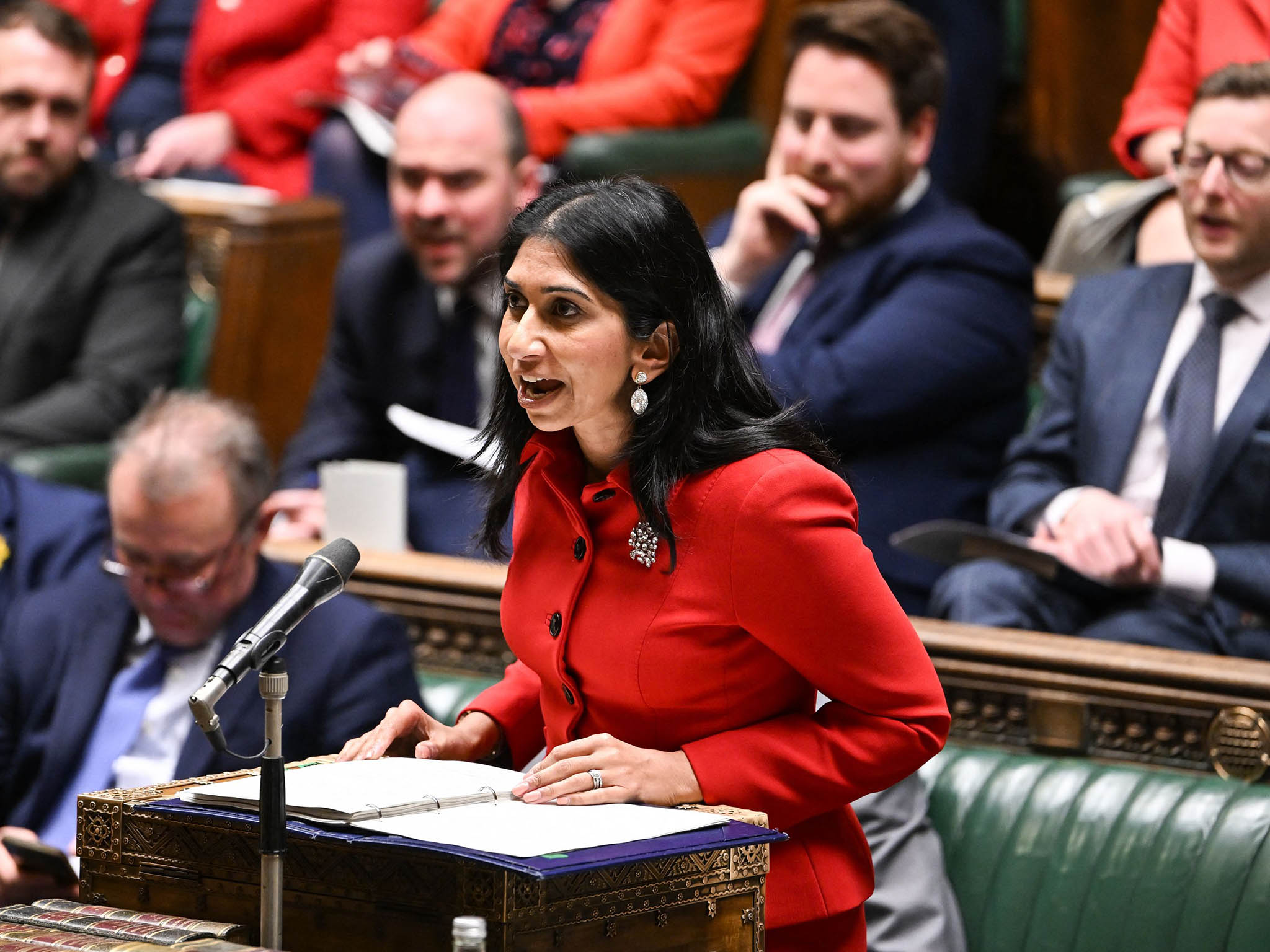
November 2022
The Public and Commercial Services (PCS) union, which represents Border Force staff, joined the Care4Calais charity in issuing a report that called for a “safe passage visa” for asylum seekers.
The proposed process would allow those with a “viable” claim to get visas which would enable safe and legal travel to the UK, where they could go through the normal asylum application process.
Online screening would mean there would be no need for processing centres in France, which both the French and British governments have previously vetoed because of concerns they would act as a pull factor for large numbers of migrants.
The report said that safe passage visas would be an “effective way” to cut the demand for people smugglers in the English Channel, while speeding up processing.

July 2022
Parliament’s Home Affairs committee published a report following a two-year inquiry into Channel crossings, migration and asylum.
It took evidence from numerous witnesses, including National Crime Agency officers, UN Refugee Agency officials, charities and lawyers who work with asylum seekers.
The committee concluded that “no magical single solution is possible” and that “evidence-driven, properly costed and fully tested policy initiatives” were needed.
Cross-party MPs called for the government to focus on reducing the record backlog of asylum cases, which has since grown, and accept the UNHCR’s suggestions for “rebuilding an efficient and fair asylum system in the UK”.
They called for the government to “enter into discussion with the French government on providing UK asylum assessment facilities within France, enabling juxtaposed consideration of claims in the same way that juxtaposed checks of passports and customs are carried out”.
The report also said the Home Office should “urgently review lessons” from its response to the rise in Channel crossings from 2018 onwards, looking at how previous policy was “informed”.
“There is a worrying trend in Home Office policy announcements being made before detailed policy has been worked through,” it added, foreshadowing internal confusion following the announcement of the Illegal Migration Bill.
“Investing in the asylum system, urgently addressing the requirement for new returns agreements, and ensuring there are accessible safe and legal routes to the UK are all key priorities for the restoration of an asylum system in the UK.”
None of those recommendations have been implemented.
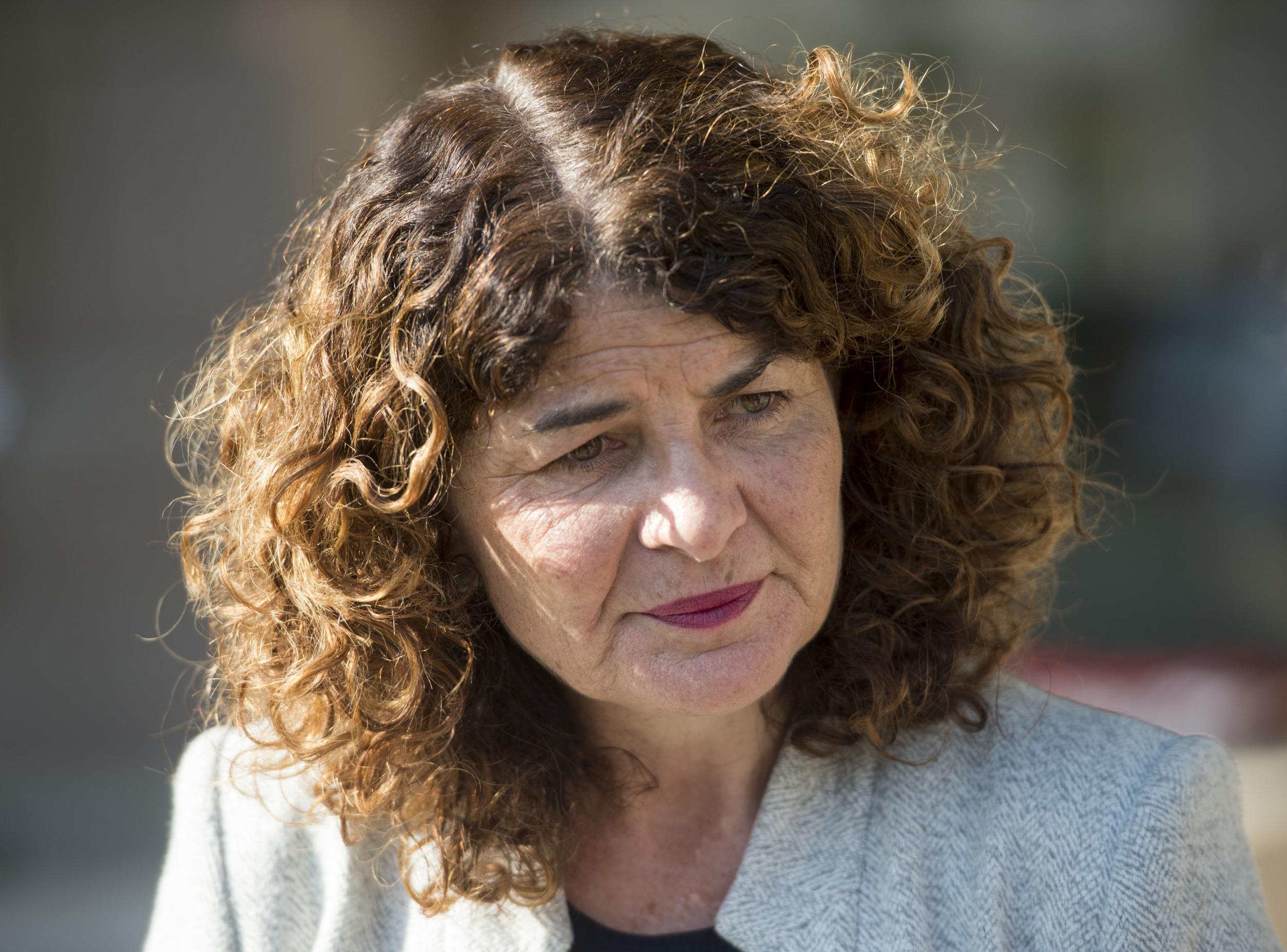
April 2022
The House of Lords proposed amendments to the Nationality and Borders Bill to increase the number of refugees resettled directly from outside Europe, and expand family reunion schemes.
The government objected to both amendments and Conservative MPs voted them down when they arrived in the House of Commons.
Backing the changes, the Lord Bishop of Durham said: “The fundamental premise of the bill is that people seeking safety in the UK should arrive by safe and legal routes, rather than by making irregular journeys.
“My concern in tabling this amendment is that there are not sufficient safe routes from the countries where the majority of asylum seekers arriving in the UK originate.”
The government refused the Lords’ call for a minimum resettlement target of 10,000 refugees a year, and a Home Office minister said it also “cannot accept” a requirement to set any target.
Ministers also rejected a separate amendment that would have allowed unaccompanied children with parents, grandparents, aunts and uncles, siblings or partners in the UK to be allowed into the country to seek asylum.
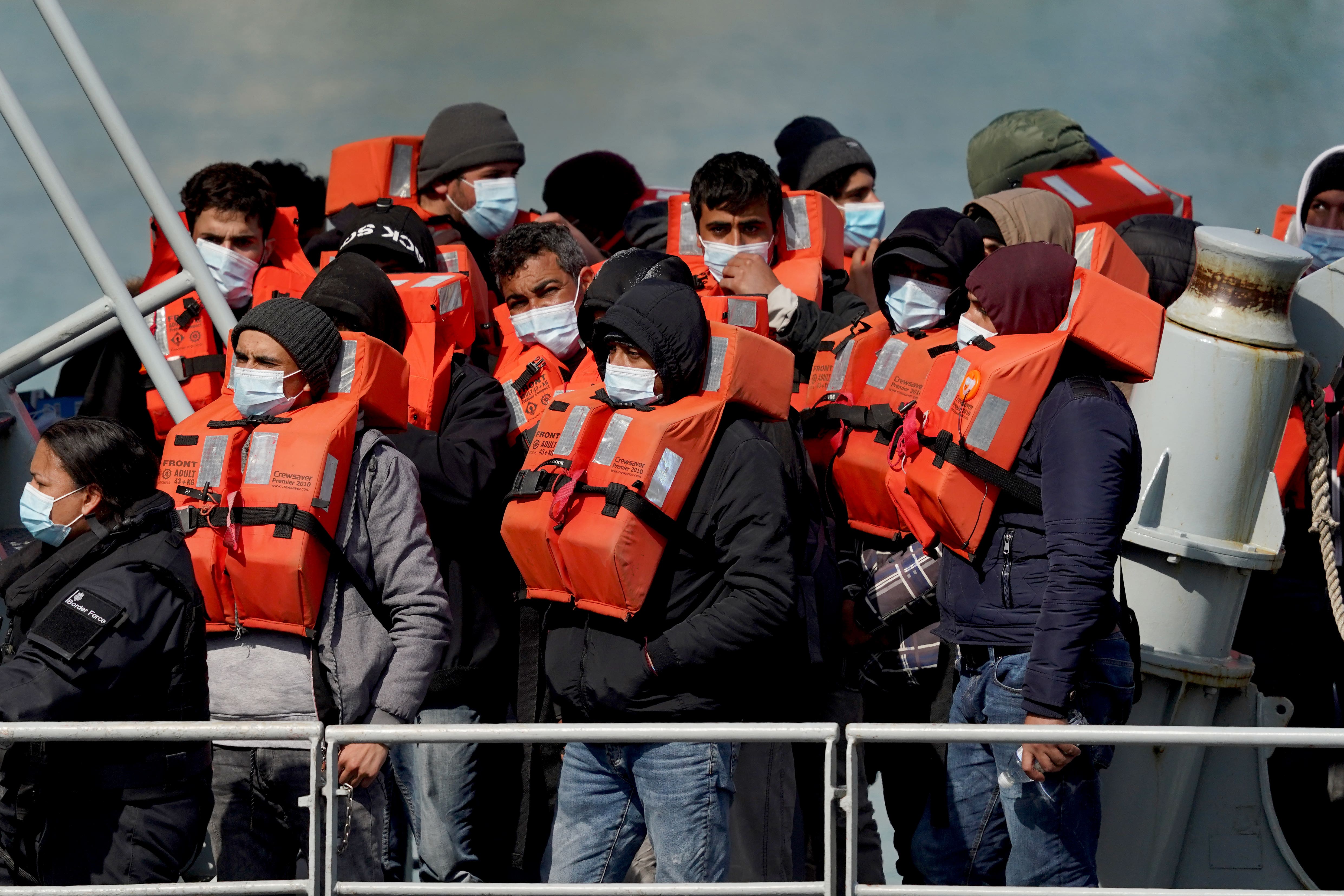
February 2022
While appearing before the Home Affairs committee, then-home secretary Priti Patel refused a proposal put forward by a Conservative MP to process some asylum claims in France.
Tim Loughton said he had met MPs from Calais who made “a legitimate case about the absence of safe and legal routes”.
He told the committee that the French Republican party was looking at taking people detained while attempting crossings to reception centres where they could apply for asylum in the UK.
“If we were to allow them to apply for asylum in the UK from those reception centres, which we do not at the moment; and if they would guarantee that those who were rejected by us would then not be allowed to go free to turn up on a beach again in Calais, but would be dealt with and returned to where they came from, is that a goer?” he asked. “That is what would stop people getting to those beaches.”
Ms Patel replied: “The answer is no.” She argued that the change would not present dangerous crossings elsewhere, such as over the Mediterranean Sea, and would make France a “big magnet”.
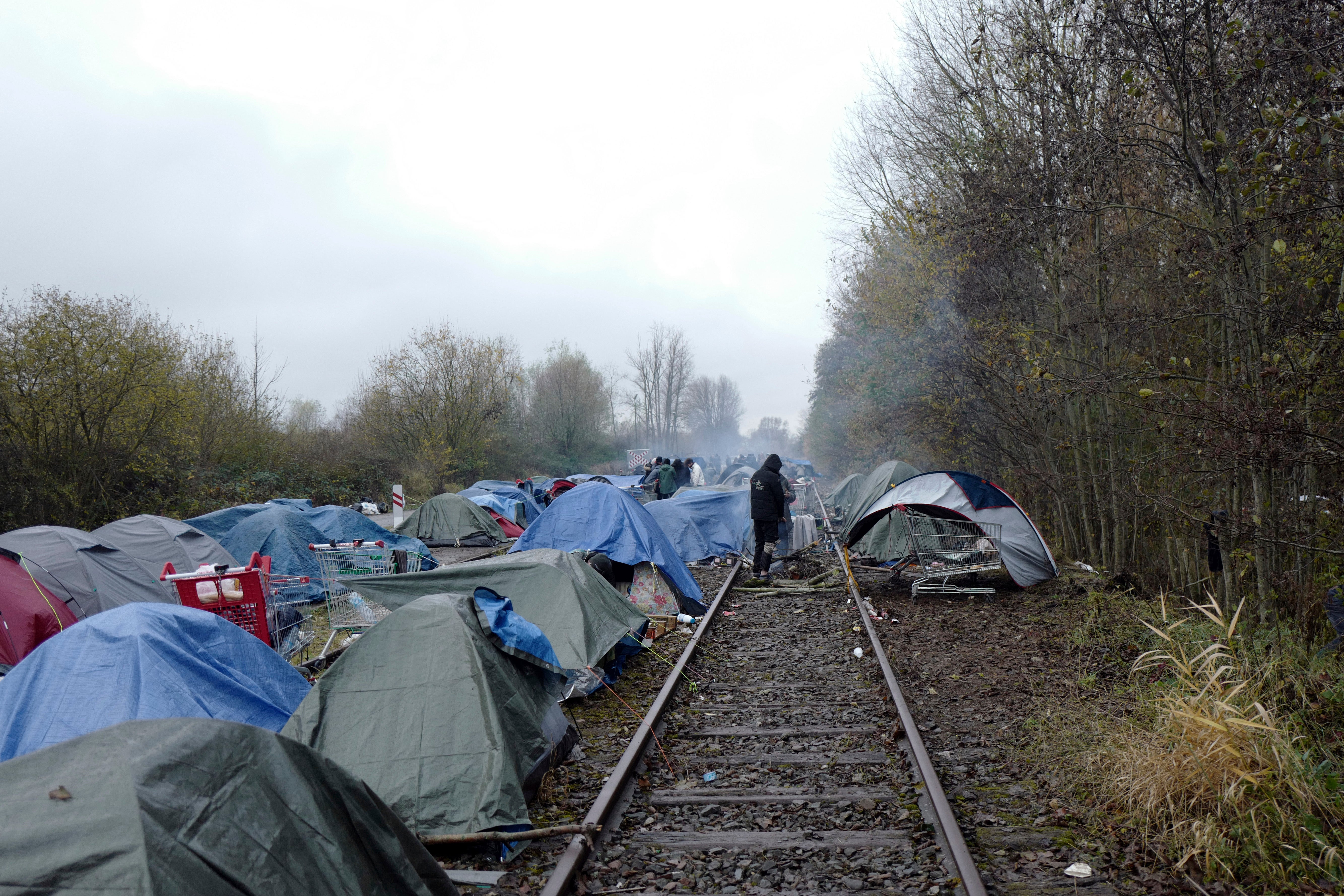
January 2022
The French president, Emmanuel Macron, has made a series of speeches calling for the UK to do more to reduce the factors driving asylum seekers to northern France and across the Channel.
Addressing the European Parliament on 19 January 2022, Mr Macron said that there were countless “women and men who want to reach British shores, who do not want to seek asylum or protection in France”.
He said reception centres have been set up but “every week, several hundred women and men who have crossed Europe and Asia Minor, sometimes the Mediterranean and part of Africa, do not want to go” there.
The president said that camps in northern France saw “sometimes terrible situations of insecurity and unsanitary conditions”.
“We cannot act as if this situation can last forever,” he added. “We will not be able to resolve this issue if the way of dealing with the subject of migration does not change on the British side … they have not sufficiently organised legal, stable, secure ways and means to seek asylum in Britain.
“That is why we are faced with this situation and therefore it is through a demanding dialogue with the British that we can really deal with this subject.”

September 2021
In its annual report for 2020-21, the Independent Chief Inspector of Borders and Immigration (ICIBI) warned of “heightened concerns about the provision of safe and legal routes in light of the surge in small-boat crossings”.
The watchdog said that the Home Office had shown no evidence that it had evaluated the impact of its decision to refuse child refugees in the UK to sponsor their relatives to join them.
“In summary, it saw no need for any changes,” the report said. “It provided no supporting evidence to show that it had either monitored or evaluated the impact of its policies but simply reiterated its familiar lines … this was disappointing, particularly in light of heightened concerns about the provision of safe and legal routes in light of the surge in small boat crossings and the UK’s approaching exit from the EU.”
In November 2020, a separate ICIBI report on Channel crossings said the surge in small boats in late 2018 should have been predicted and dealt with before becoming an effective modus operandi.
The watchdog said Home Office officials had told its inspectors that small boats arose “as a consequence of the success of the extensive work done by the UK and its European partners, in particular the French, in making other methods of illegal entry more difficult”.
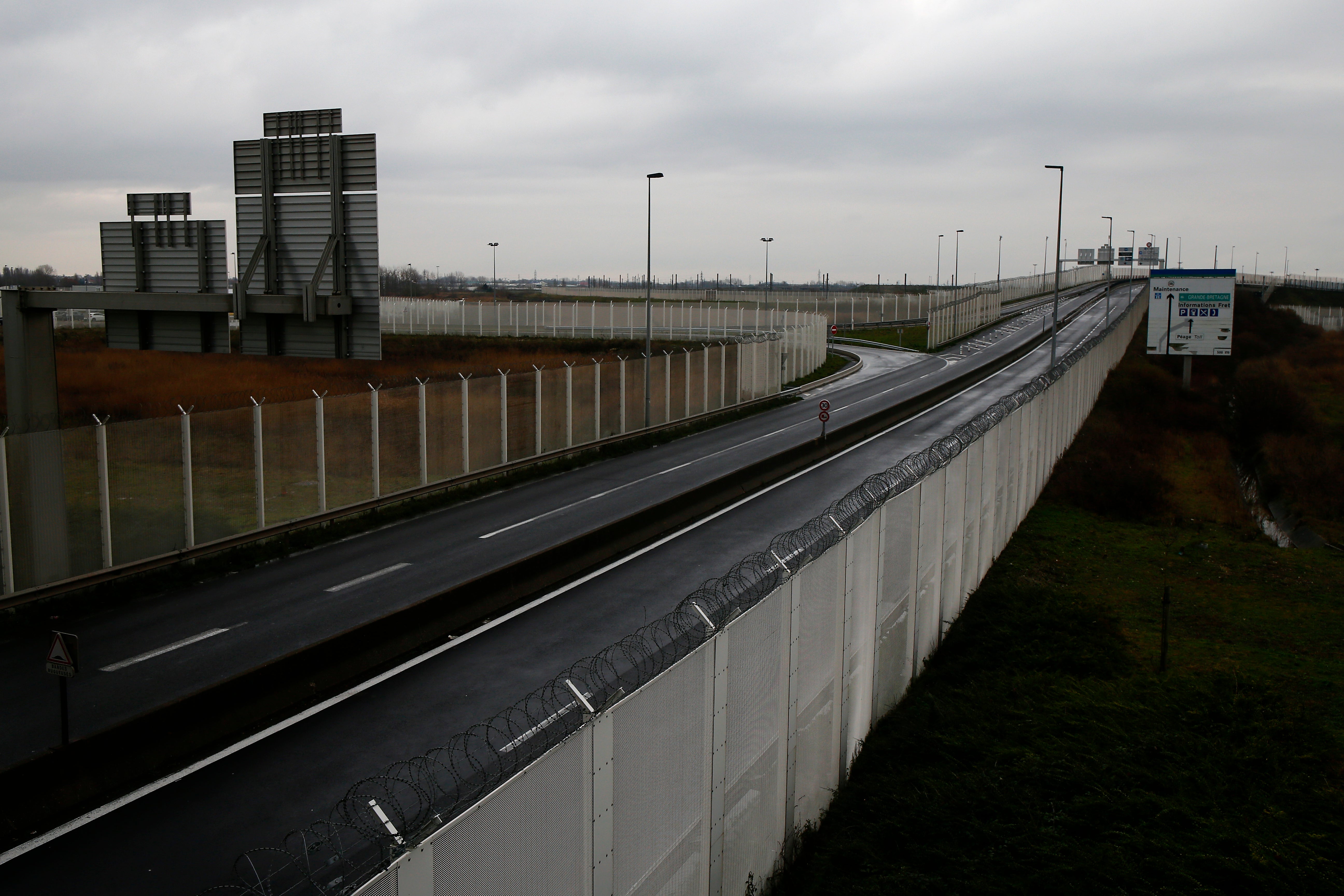
August 2020
As small boat crossings started to rocket in summer 2020, the UN Refugee Agency (UNHCR) said that refugees with legitimate claims, including those wanting to reunite with relatives, should be allowed to “do so quickly and effectively without having to resort to such a dangerous journey”.
Months later, the Home Office stopped a programme offering sanctuary to lone children in Europe. The scheme, known as the Dubs amendment, has not been reinstated and no deals to replace previous EU-wide programmes lost during Brexit have been struck.
November 2019
Parliament’s Foreign Affairs committee released a report on irregular migration, warning that the UK must prepare for a future potential surge in asylum seekers crossing Europe caused by a “fresh outbreak of conflict”.
It called for the government to address the root causes of migration, both in source countries and in squalid camps in northern France.
“The UK cannot expect others to prevent Channel crossing attempts if we are not willing to work together to address the root causes,” the report said.
“A policy that focuses exclusively on closing borders will drive migrants to take more dangerous routes, and push them into the hands of criminal groups.”
The report called for more ambitious resettlement schemes and expanded legal pathways to applying for asylum from outside the UK.
“In the absence of robust and accessible legal routes for seeking asylum in the UK, those with a claim are left with little choice but to make dangerous journeys by land and sea,” it warned.
In its official response, the government said it was committed to negotiating a new agreement with the EU for the family reunion of unaccompanied children. A deal was never struck.






Join our commenting forum
Join thought-provoking conversations, follow other Independent readers and see their replies
Comments